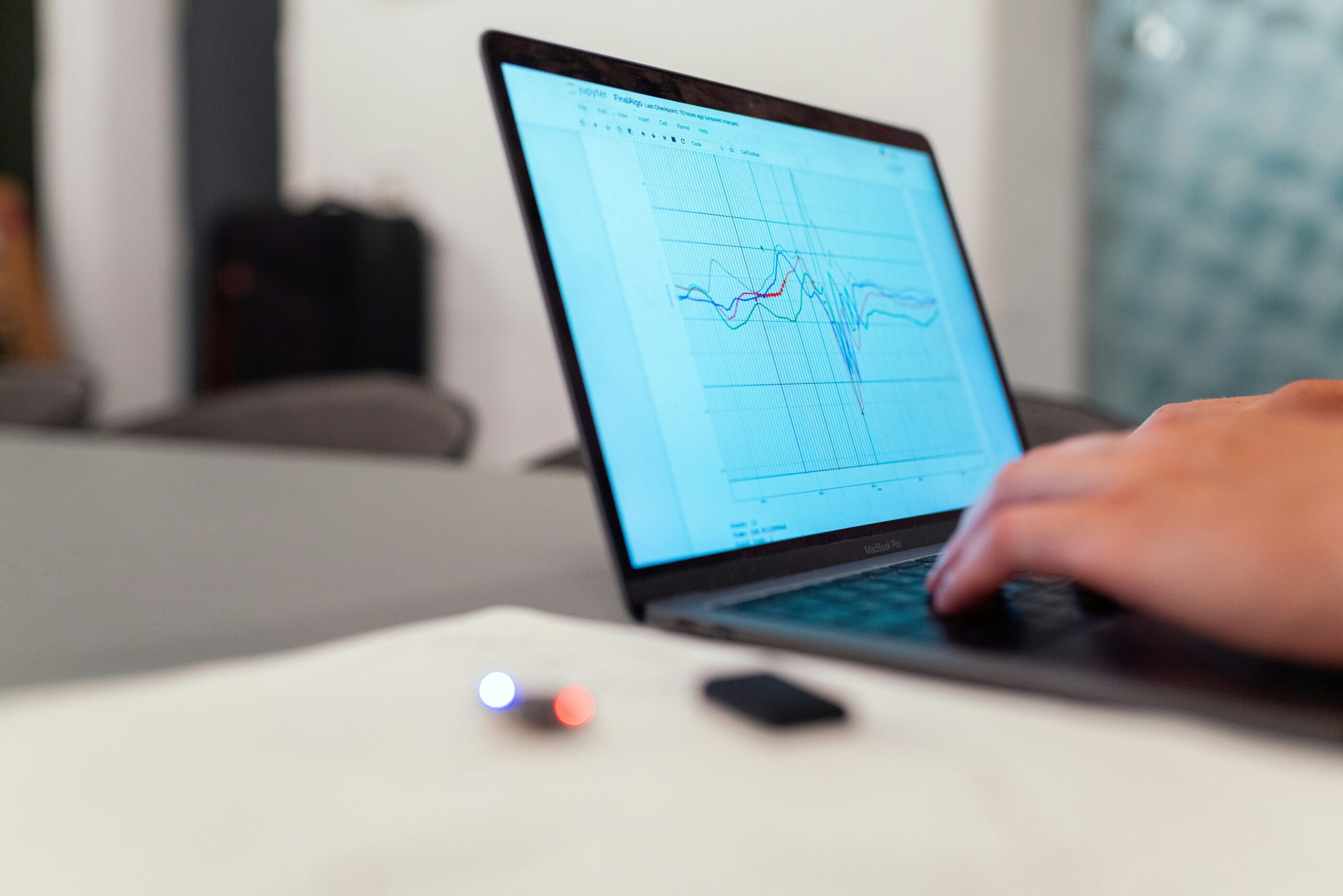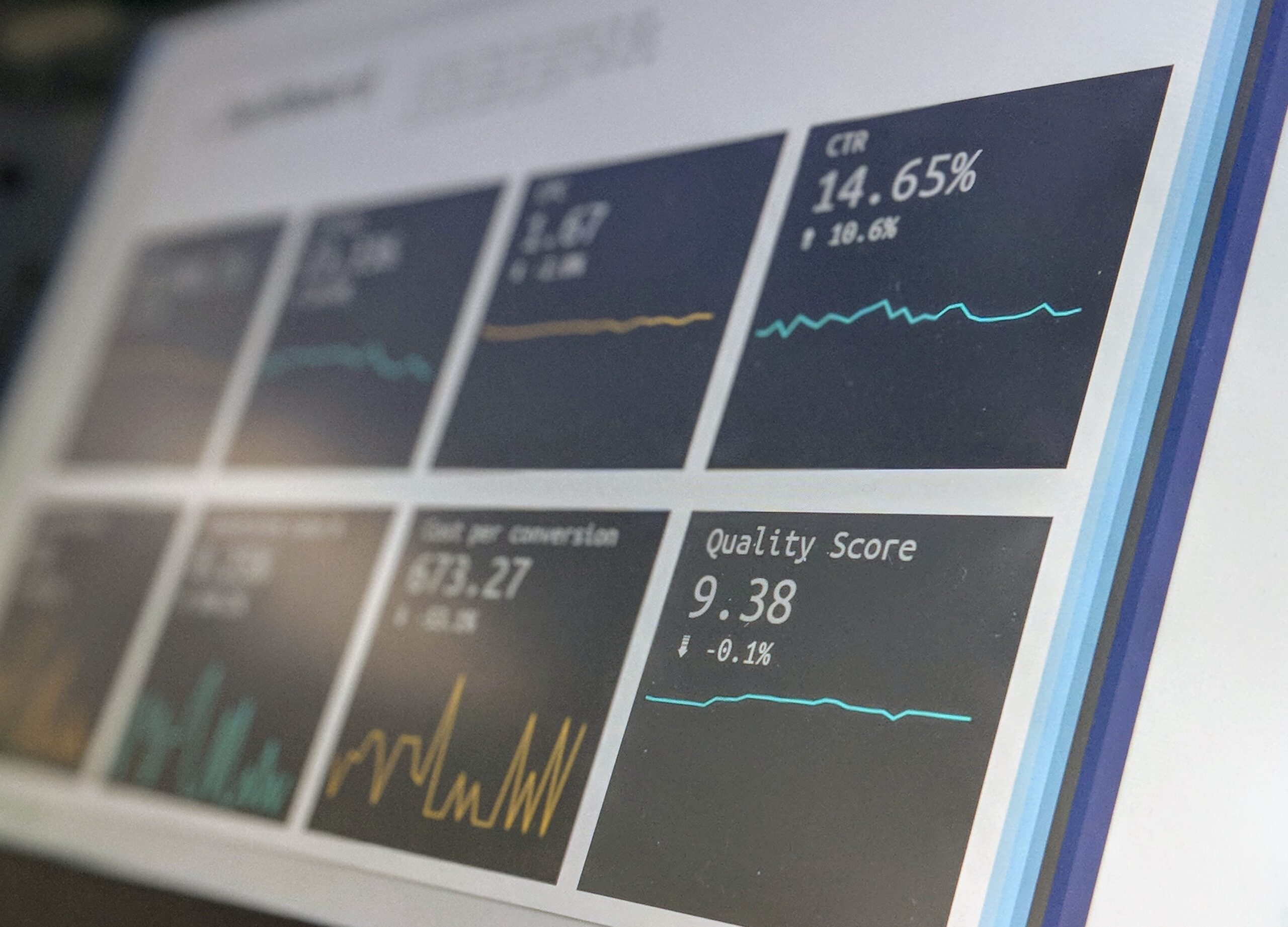Maximizing Profitability: Leveraging ERP in Retail Inventory Management

In the fast-paced and competitive world of retail, effective inventory management is essential for maximizing profitability. With the rise of e-commerce and omnichannel retailing, retailers are faced with the challenge of managing inventory across multiple channels while ensuring optimal stock levels and minimizing costs. This is where Enterprise Resource Planning (ERP) systems play a crucial role in streamlining and automating inventory management processes.
What is ERP?
ERP, or Enterprise Resource Planning, is a software solution that integrates various business functions and processes into a single system. It allows retailers to manage and track inventory, sales, purchases, and other operations in real-time, providing a holistic view of the business. With ERP, retailers can automate repetitive tasks, improve efficiency, and make data-driven decisions.
The Benefits of ERP in Retail Inventory Management
Implementing an ERP system in retail inventory management offers several benefits that can help maximize profitability:
1. Improved Inventory Accuracy
ERP systems provide real-time visibility into inventory levels across multiple locations and channels. This allows retailers to accurately track stock levels, reduce the risk of overstocking or stockouts, and optimize inventory turnover. By having accurate inventory data at their fingertips, retailers can make informed decisions regarding purchasing, pricing, and promotions.
2. Streamlined Order Fulfillment
With an ERP system, retailers can automate order processing, picking, packing, and shipping. This streamlines the fulfillment process, reduces errors, and improves customer satisfaction. By efficiently fulfilling orders, retailers can minimize order processing time and costs, leading to increased profitability.
3. Demand Planning and Forecasting
ERP systems provide retailers with powerful forecasting and demand planning tools. By analyzing historical sales data, market trends, and customer behavior, retailers can accurately forecast demand and plan their inventory accordingly. This helps retailers optimize stock levels, reduce carrying costs, and minimize the risk of stockouts or overstocking.
4. Enhanced Supplier Management
ERP systems enable retailers to manage their supplier relationships more effectively. Retailers can track supplier performance, negotiate better terms, and ensure timely deliveries. By streamlining supplier management, retailers can reduce costs, improve product quality, and maintain strong partnerships with suppliers.
5. Efficient Reporting and Analytics
ERP systems provide comprehensive reporting and analytics capabilities, allowing retailers to gain valuable insights into their inventory performance. Retailers can analyze sales data, inventory turnover, profit margins, and other key metrics to identify trends, patterns, and areas for improvement. By leveraging data-driven insights, retailers can make informed decisions to optimize inventory management and drive profitability.
Choosing the Right ERP System
When selecting an ERP system for retail inventory management, it is important to consider the specific needs and requirements of your business. Look for a solution that offers robust inventory management capabilities, seamless integration with other systems (such as POS and e-commerce platforms), scalability, and user-friendly interface.
Additionally, consider the level of support and training provided by the ERP vendor. A reliable support system ensures that any issues or concerns can be addressed promptly, minimizing disruptions to your business operations.
Conclusion
Maximizing profitability in retail inventory management requires efficient and effective processes. By leveraging ERP systems, retailers can streamline inventory management, improve accuracy, optimize order fulfillment, enhance demand planning, strengthen supplier relationships, and gain valuable insights through reporting and analytics. Investing in the right ERP system can help retailers stay competitive, drive profitability, and deliver exceptional customer experiences.
Are you ready to take your retail inventory management to the next level? Consider implementing an ERP system and unlock the benefits it offers for maximizing profitability.



